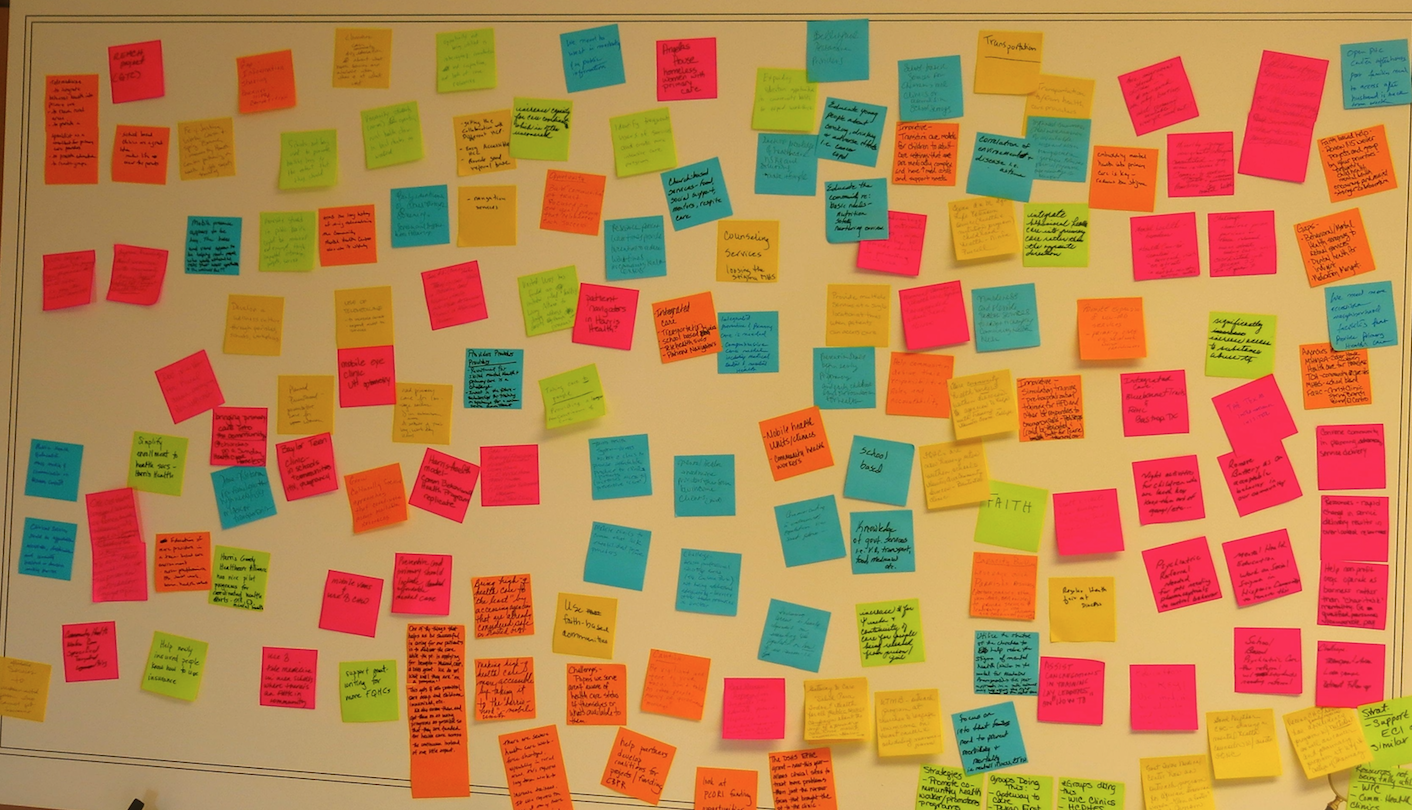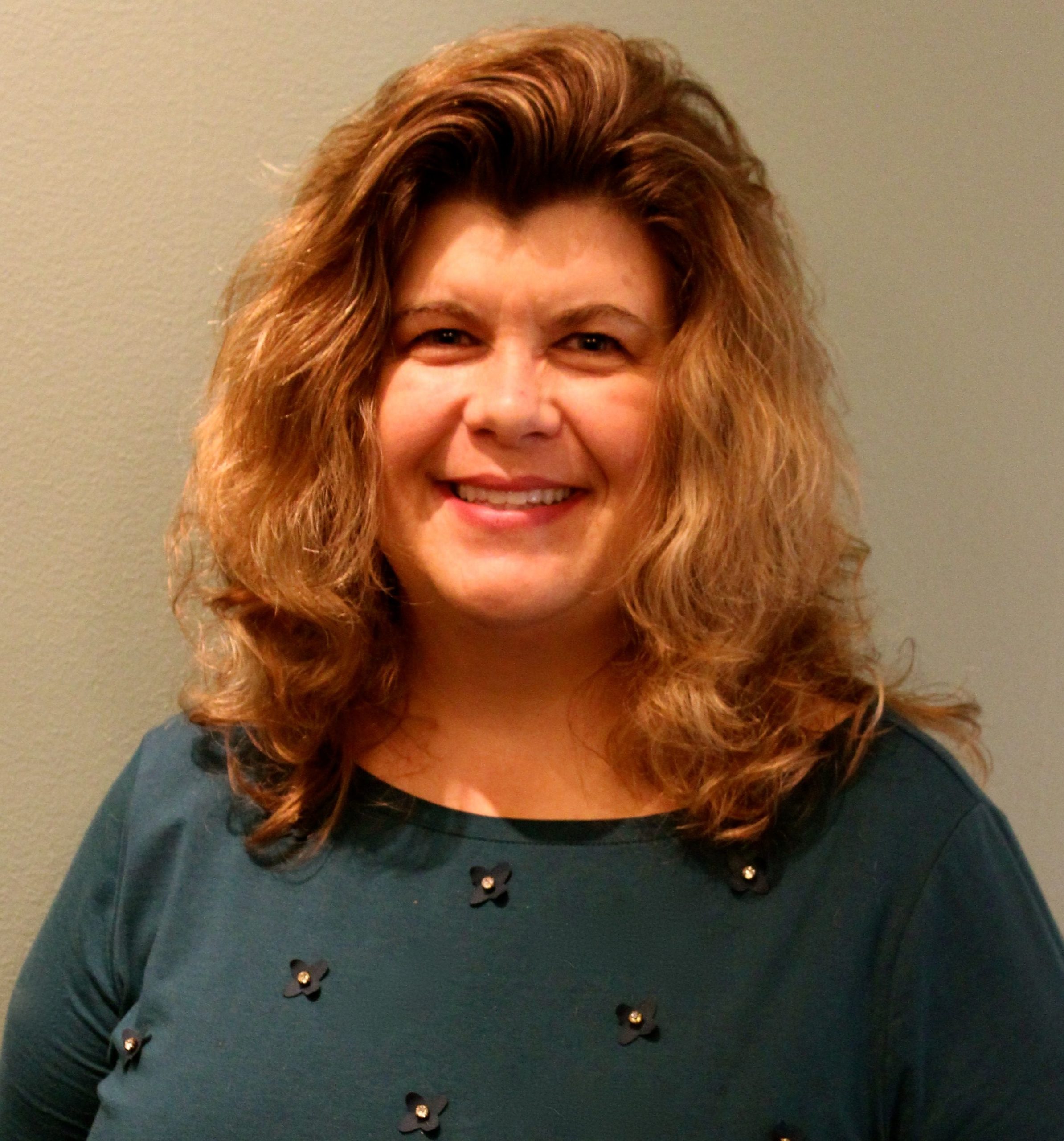

By Suzanne Leahy, PhD
EHF Evaluation Officer
From the V1SION blog:
After 15 years at an independent social science firm, my encore career as the Evaluation Officer of the Episcopal Health Foundation began this February. I was drawn to EHF for many reasons: the unifying and compelling vision it offered of robust, resilient and engaged communities; its promise of utilizing creative philanthropy to address real need; the opportunity to be a part of a catalyzing change effort governed by strong core values and a commitment to achieving its vision. I also was impressed by the Foundation’s commitment to impactful action and dedicated resources to support evaluation and learning.
Committing philanthropic resources to evaluation and learning stakes an important value proposition for the Foundation. Although philanthropy has been involved in evaluation research for at least 40 years, many foundations have yet to embrace evaluation as a core philanthropic practice.
If the number of job announcements is any measure, it appears evaluation has renewed traction within the philanthropic field. Many attribute this boost to greater adoption of strategic philanthropy, which develops strategies to inform its efforts. That’s in contrast to philanthropy, which is responsive to wide ranging requests that rarely represent a strategic approach for a foundation.
Within strategic philanthropy, evaluation becomes an important tool for gathering feedback on the impact of a foundation’s contribution to social change and offering a systematic approach to performance management. Concurrently, there has been a greater focus on strategic learning and the use of evaluation to advance the knowledge, decisions and actions not only of a foundation’s internal staff, but also peer foundations, grantees and other partners.
EHF knows our work towards systems change must involve the transformation of philanthropy itself and how funders partner with communities. We are now beginning the challenging – and rewarding – work of experimenting with evaluation methods and approaches that will provide us the strategic lens we need to learn and partner effectively for impact.
Much of this work began with the articulation of a theory of change. That’s where evaluation assesses where, how, why and when change is expected. It also has involved rethinking how we define and apply evaluation as: the use of systematic inquiry and social research methods to address essential questions about programs, policies, and practices for the purposes of yielding more effective social interventions, informed social action and, ultimately, improved social conditions. This definition supports the use of evaluation in service of larger goals of learning, theories of change and social advancement, not as an end in itself
As we move forward, we are building platforms and infrastructure to support this type of evaluation. That includes the development of a strategic learning and evaluation system and deliberate, collective learning opportunities. Additionally, we are engaging with peer foundations regarding evaluation practices and the creation of joint learning (and action)-oriented projects. We’re networking with other evaluation researchers to grow the pipeline and exchange ideas, and we’re exploring opportunities to build the evaluation capacity of nonprofits.
We also seek to engage you and your community partners in providing us with both input and feedback as evaluation elements come to life.
See more posts from the V1SION Blog